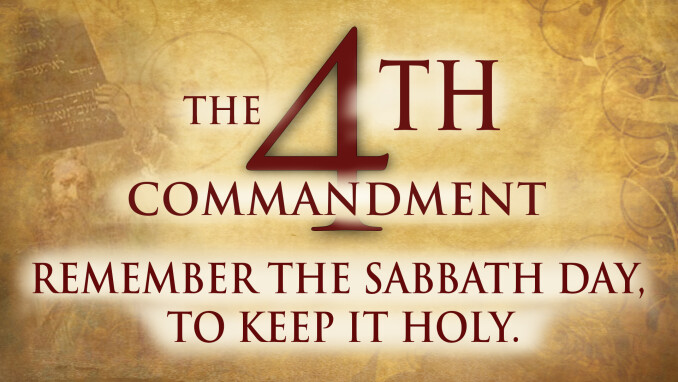
It’s been said that Christianity has too many “DO NOT’S, Too negative”, too many THOU SHALT NOT’s. But a search of the New Testament does NOT bear this out. The Lord Jesus only repeated the THOU SHALT NOT found in the 10 Commandment’s.
Matthew 4:7, Luke 4:12 Jesus said unto him, It is written again, Thou shalt not tempt the Lord thy God.
Matthew 5:21 Ye have heard that it was said of them of old time, Thou shalt not kill; and whosoever shall kill shall be in danger of the judgment:
Matthew 5:26, Luke 12:59 Verily I say unto thee, Thou shalt by no means come out thence, till thou hast paid the uttermost farthing.
Matthew 5:27 Ye have heard that it was said by them of old time, Thou shalt not commit adultery:
Matthew 5:33 Again, ye have heard that it hath been said by them of old time, Thou shalt not forswear thyself, but shalt perform unto the Lord thine oaths:
Matthew 6:5 And when thou prayest, thou shalt not be as the hypocrites are: for they love to pray standing in the synagogues and in the corners of the streets, that they may be seen of men. Verily I say unto you, They have their reward.
Matthew 19:18 He saith unto him, Which? Jesus said, Thou shalt do no murder, Thou shalt not commit adultery, Thou shalt not steal, Thou shalt not bear false witness,
Paul, preaching at Antioch, quotes a Psalm regarding the Resurrection:
Acts 13:35 Wherefore he saith also in another Thou shalt not suffer thine Holy One to see corruption. Psalm 16:10, Thou shalt not suffer thine Holy One to see corruption.
Then before the high priest, Ananias …
Acts 23:5 Then said Paul, I wist not, brethren, that he was the high priest: for it is written, Thou shalt not speak evil of the ruler of thy people.
Paul, also quoted from the 10 Commandments.
Romans 7:7 What shall we say then? Is the law sin? God forbid. Nay, I had not known sin, but by the law: for I had not known lust, except the law had said, Thou shalt not covet.
Romans 13:9 For this, Thou shalt not commit adultery, Thou shalt not kill, Thou shalt not steal, Thou shalt not bear false witness, Thou shalt not covet; and if there be any other commandment, it is briefly comprehended in this saying, namely, Thou shalt love thy neighbour as thyself.
And later he justified preaches the right to be paid:
1 Corinthians 9:9 For it is written in the law of Moses, thou shalt not muzzle the mouth of the ox that treadeth out the corn. Doth God take care for oxen?
1 Timothy 5:18 For the scripture saith, thou shalt not muzzle the ox that treadeth out the corn. And, The labourer is worthy of his reward.
And the resurrected Lord Jesus reminded the assembly at Sardis, about his second coming:
Revelation 3:3 Remember therefore how thou hast received and heard, and hold fast, and repent. If therefore thou shalt not watch, I will come on thee as a thief, and thou shalt not know what hour I will come upon thee.
So, where is the too many “DO NOT’S, Too negative” and the too many “THOU SHALT NOT’s”? The true believer has LIBERTY.
Romans 8:21 Because the creature itself also shall be delivered from the bondage of corruption into the glorious liberty of the children of God.
2 Corinthians 3:17 Now the Lord is that Spirit: and where the Spirit of the Lord is, there is liberty.
Galatians 5:1 Stand fast therefore in the liberty wherewith Christ hath made us free, and be not entangled again with the yoke of bondage.
Galatians 5:13 For, brethren, ye have been called unto liberty; only use not liberty for an occasion to the flesh, but by love serve one another.
Saved to Serve.
⇛ return to Thou Shalt Not












